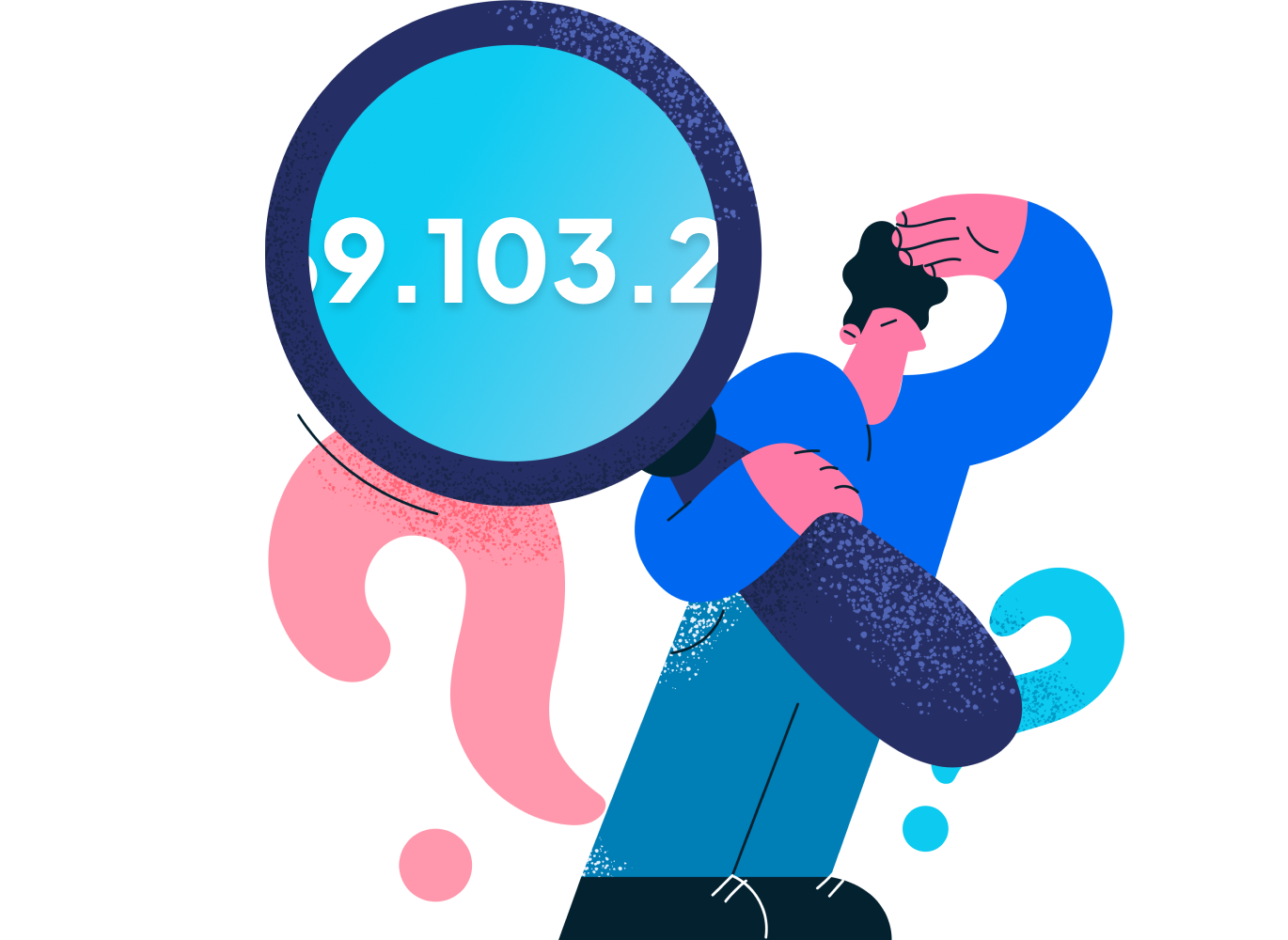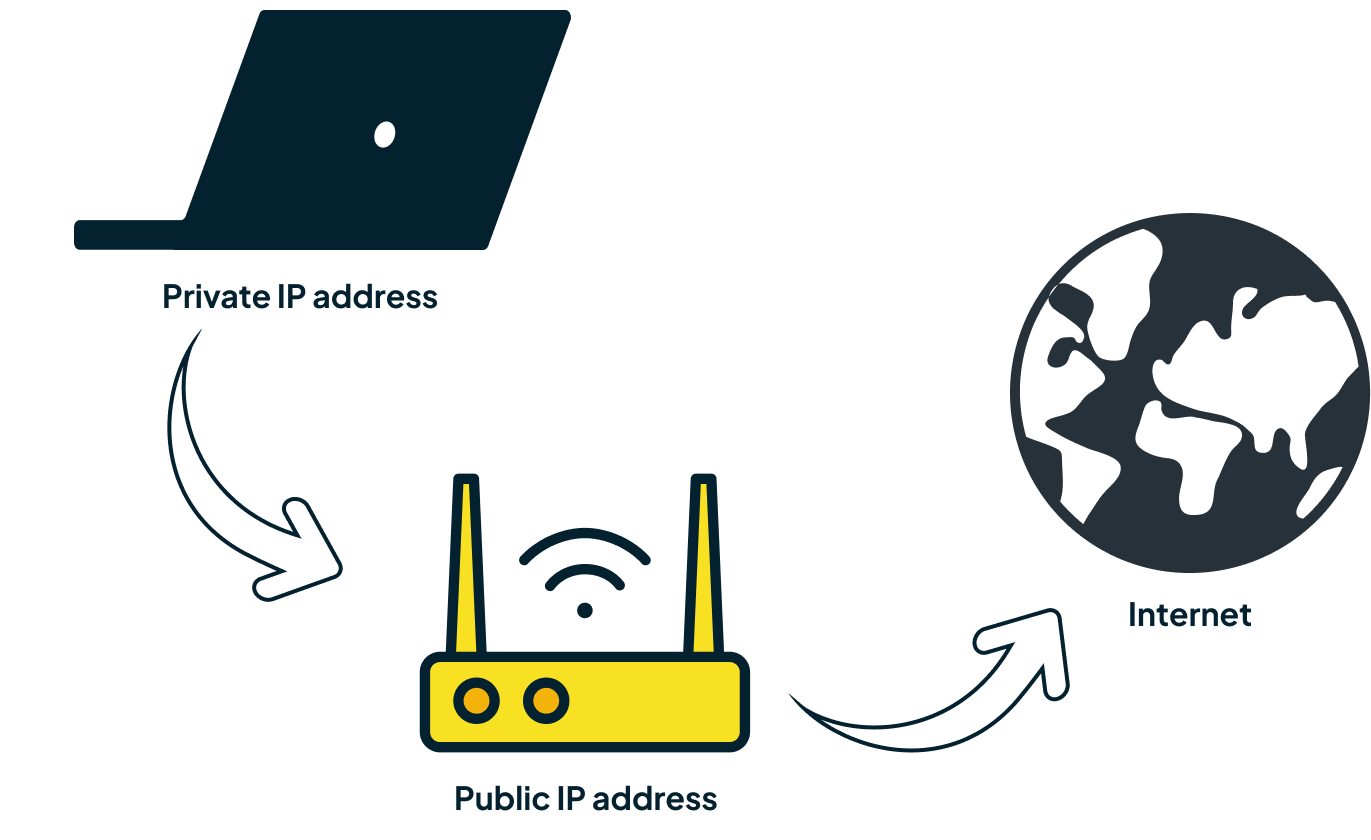Solar security tools![Tools ip adress]()
![Tools ip adress]()
What is my IP address?Not Protected!
Your IP address is currently exposed. Start reclaiming your online anonymity with a VPN.
Location:
ISP:
Hostname:
OS:
Browser:
Timezone:
Why Should You Hide Your Real IP Address?No matter what you do when going online, changing your IP address can help you evade hackers, snoops, and other forms of surveillance. By concealing your identity and location (essentially your online identity), you gain numerous privacy and security advantages.
Enhanced PrivacyWith a dedicated IP address, you can maintain your anonymity online. It helps prevent tracking of your online activities, ensuring your online reputation remains intact and providing you peace of mind.
Comprehensive ProtectionSolarVPN offers robust protection against various online threats. By blocking intrusive ads and trackers, it enhances your online experience and performance while keeping your personal information secure.
Secure ConnectionsEven on public Wi-Fi, SolarVPN ensures a private and secure connection. It protects your data from cyber threats, making it safe to use the internet whether you’re at home or on the go.
Bypass Geographical RestrictionsUsing SolarVPN allows you to access content and websites that may be restricted in your region. This ensures you have the freedom to browse the internet without limitations and access the information and services you need.

What Is an IP Address?Cars have VINs. Humans have Social Security numbers. And our Internet-connected devices have unique identifiers, too—Internet Protocol addresses, commonly known as IP addresses. An IP address is a unique string of numbers assigned to an Internet-connected device. Your computer network uses the IP address to communicate with other computers, websites, and all parts of cyberspace.IPv4 vs. IPv6 AddressesIPv4 and IPv6 are currently the two versions of Internet Protocol in use. Their two main functions are identification and location addressing.What sets IPv4 apart from IPv6? It is the number of possible addresses. IPv4 is limited to around 4 billion addresses because it uses only 32 bits. As the Internet has been running out of IPv4 addresses, IPv6 was designed in 1995 to enable the continued global expansion of the Internet. IPv6 creates a much larger pool of IP addresses while also providing improvements to Internet addressing, configuration, maintenance, and security capabilities. IPv6 uses 128 bits, resulting in 3.4 x 10^38 possible addresses.
Public vs. Private IP AddressesPublic and private IP addresses are two crucial parts of your device’s identity that most people rarely think about. With a significant increase in employees working from home and cybercrimes on the rise, it’s more important than ever to understand how your device’s IP address can reveal your identity on the Internet. So, what’s the difference between public and private IP addresses?Public IP AddressOn a typical network, the router uses a public IP address to identify you, ensuring that emails, websites, streaming content, and other data reach you correctly. This IP address is visible to external networks and can be used to track your online activities.Private IP AddressOn the other hand, the private IP address identifies different devices connected to the same local network (like printers). Within that network, there are likely a variety of different devices that aren't directly connected to the Internet. The router assigns each device a unique private IP address so it can send data to the device that’s actually requesting it. Devices on the same network use private IP addresses to communicate directly.

